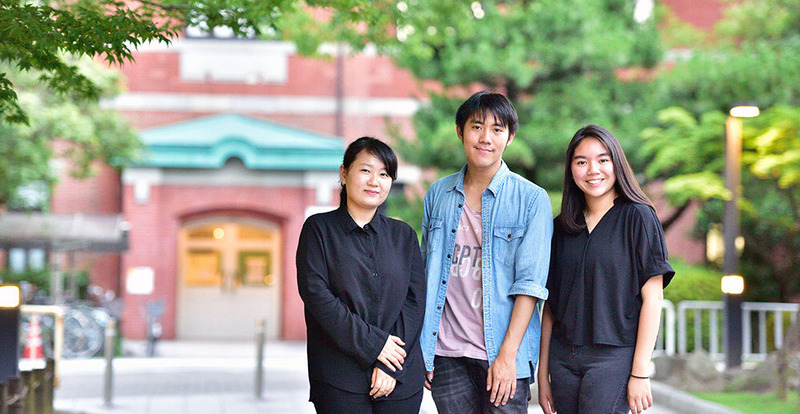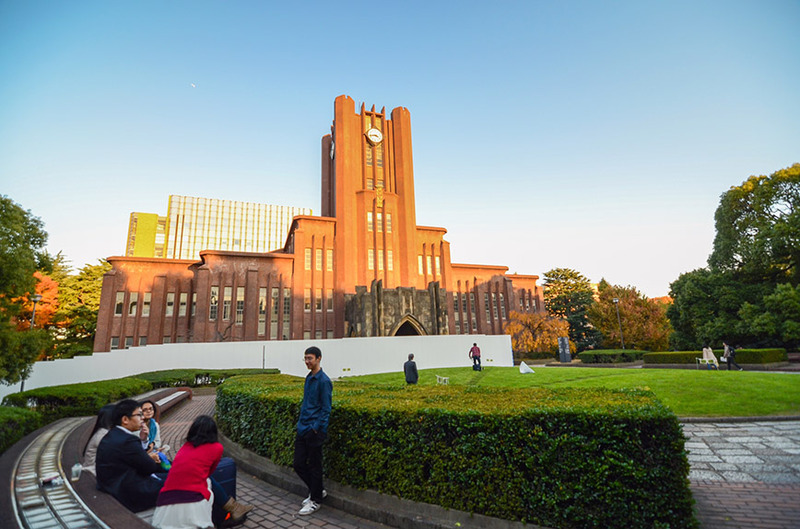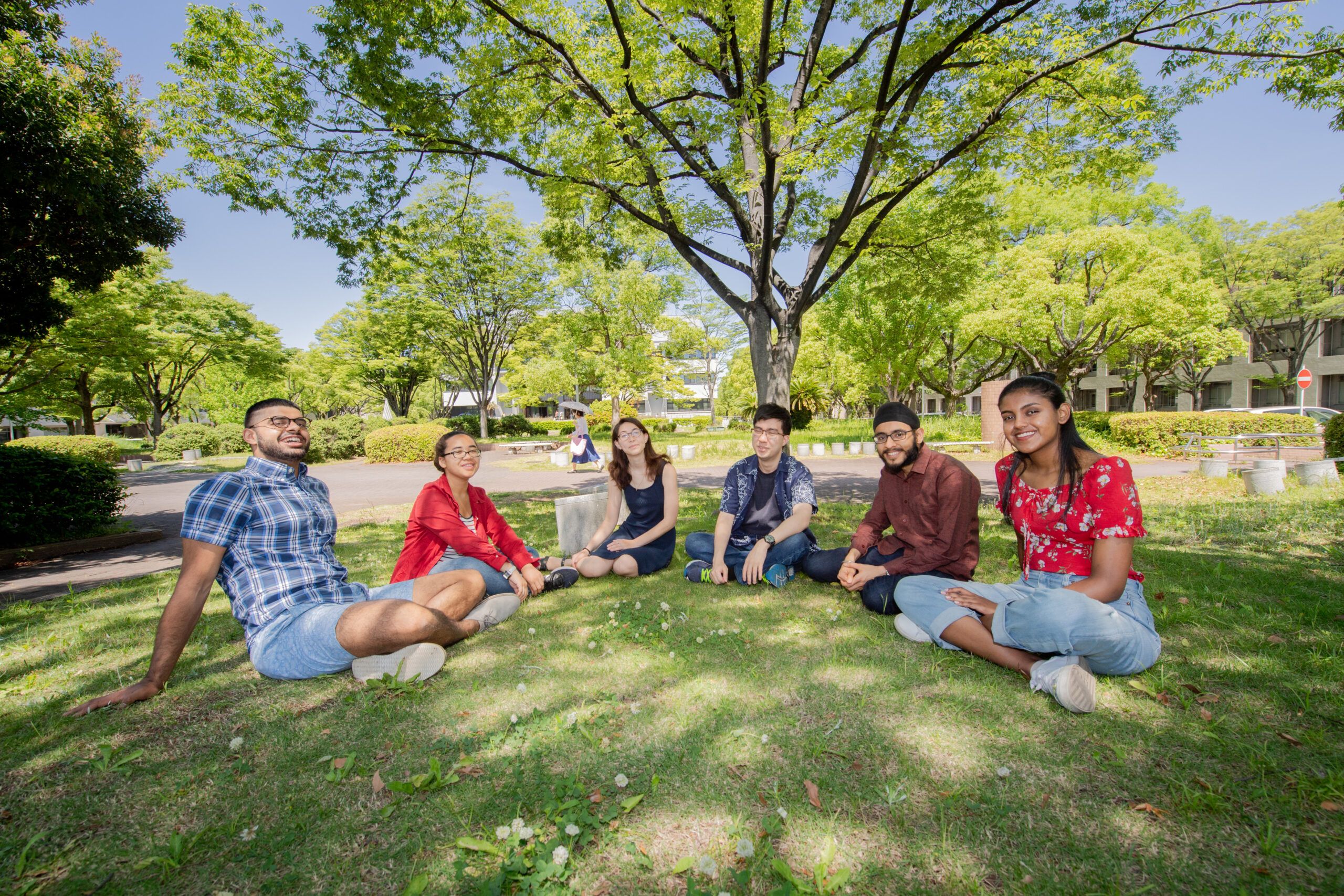Japan has a reputation for its exceptional education. Studying in Japan also mean firsthand access to the country’s culture, cuisine, and language. That means international students are graced with both enriching cultural experiences and academic quality.
There are around 780 universities in Japan equally known for their top-notch academics and diverse extracurricular opportunities. International students normally obtain top-level instruction during their studies. Plus, most universities offer English-language classes. Let’s take a look at the top universities in Japan.
Top Universities in Japan
Kyoto University

Kyoto University (Kyōto Daigaku (京都大学) or abbreviated as Kyōdai) is the oldest university in Japan founded in 1897 and is one of the Seven National Universities. The QS World University Rankings 2024 placed Kyoto University in the 46th place in the world with a score of 76.3, one rank below The London School of Economics and Political Science (LSE).
Within the university grounds in Kyoto are 10 faculties, 18 graduate schools, 13 research institutes, and 22 research and education centres. Some of the faculties that you can choose from are the Faculty of Law, Economics, Health, Education, Pharmacy, and others.
Osaka University

Another member of the Seven National Universities is Osaka University (大阪大学, Ōsaka Daigaku). Established in 1931, Osaka University is ranked 80th and is one of the most prestigious universities in Japan, reported QS World University 2024.
The university is spread across Toyonaka, Suita, and Minoh in Osaka prefecture. Previously, medicine and science were the only faculties available. But more faculties are available these days, such as Foreign Studies, Human Sciences, Economics, Science, and Law. Two undergraduate programmes and five undergraduate programmes are taught in the United Kingdom, as well as various scholarships for eligible international students, are accessible as well.
The University of Tokyo

The University of Tokyo, called Tōkyō Daigaku (東京大学) in Japan, is the most prestigious university in Japan founded in 1877. It The QS World University Rankings 2024 reported that the university achieved the 28th ranking in the world.
Located in Bunkyo City, Tokyo, the university has five campuses; Hongo, Komaba, Kashiwa, Shirokane, and Nakano. The University of Tokyo consists of 10 faculties with various Bachelor’s and Master’s programmes, with the most popular faculty being the Faculty of Law and Letters. More of the university’s faculties include Pharmacy, Agriculture, Arts and Sciences, Engineering, Education, Economics, and Medicine.
Tokyo Institute of Technology

Tokyo Institute of Technology (東京工業大学, Tōkyō Kōgyō Daigaku) was founded in 1881 in Meguro, Tokyo. Also known as Tokyo Tech, the university is ranked 91st in the world by the QS World University Ranking in 2024.
The campus focuses on the development and research of technology supported by 40 departments. The university is divided into three campuses: Tamachi, Ookayama, and Suzukakedai. You can choose to study the School of Science, School of Computing, School of Engineering, School of Life Science and Technology, and School of Environment and Society here.
Nagoya University

Founded in 1871, the university was originally a medical school until it was renamed Nagoya University in 1947. Nagoya University accepts many international students from China, Korea, the United States, and Indonesia.
Nagoya University is ranked 176th in the world by the QS World University Rankings 2024. Fields of studies such as Mechanical Engineering, Chemistry, Biology, Physics, Computer Science, Law, and Economics are available. So are scholarships available for international students.
Kyushu University

Founded in 1867, Kyushu University is also known as Kyudai (Kyūshū Daigaku 九州大学) and is located in Fukuoka. Kyushu University focuses on conducting influential research that led to them being known as one of the most prestigious universities in Japan. Even the QS World University Ranking 2024 ranked Kyushu University is 164th in the world.
The majors provided at the university include Arts and Humanities, Business and Economics, Law, Social Sciences, Clinical, Engineering and Technology, Pre-clinical and Health, Life Sciences, Psychology, Physical Sciences, Education and Computer Science.




 Mirella Pandjaitan
Mirella Pandjaitan
 Sep 23, 2024
Sep 23, 2024